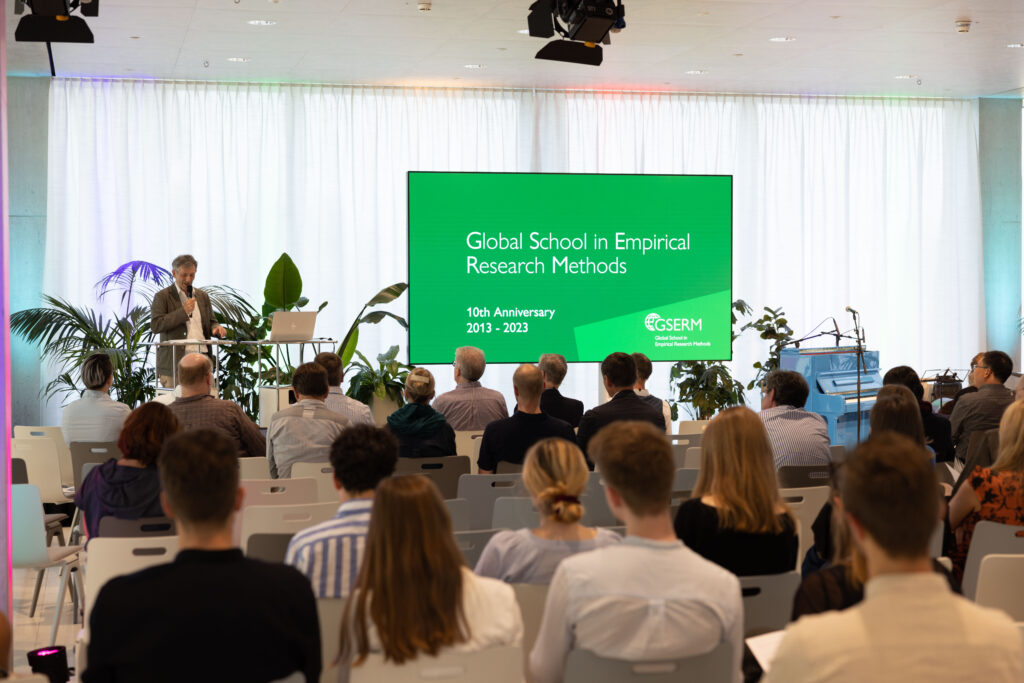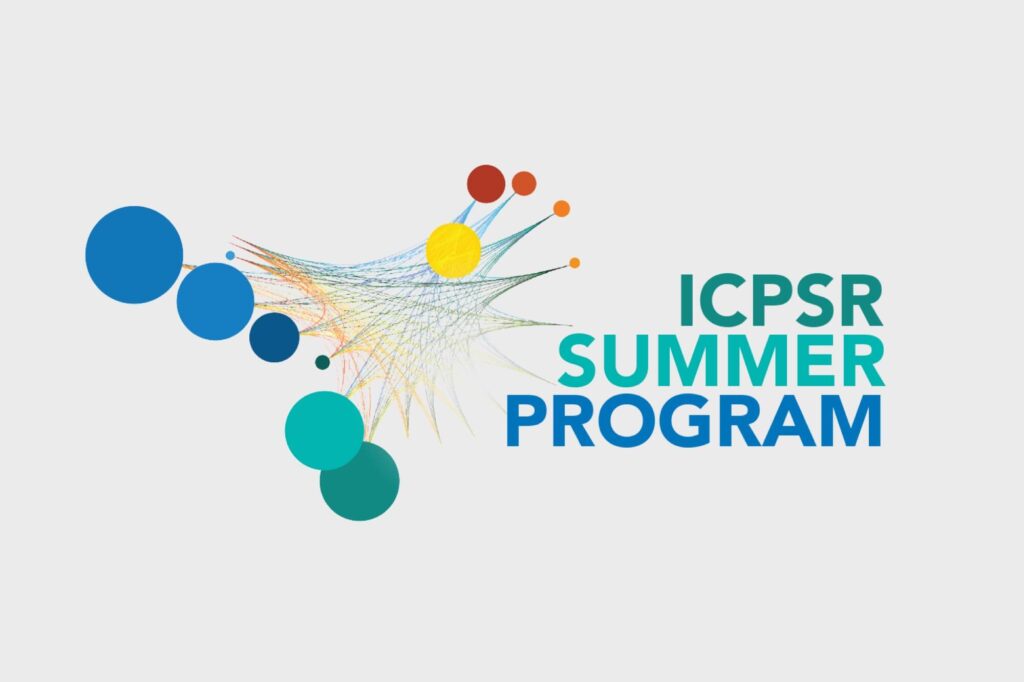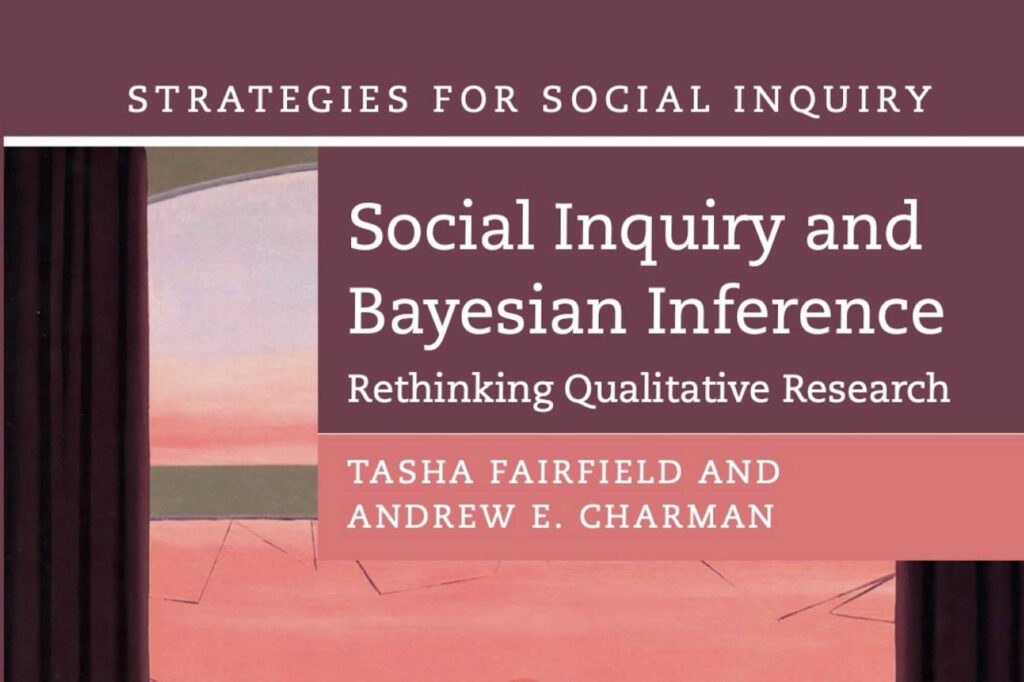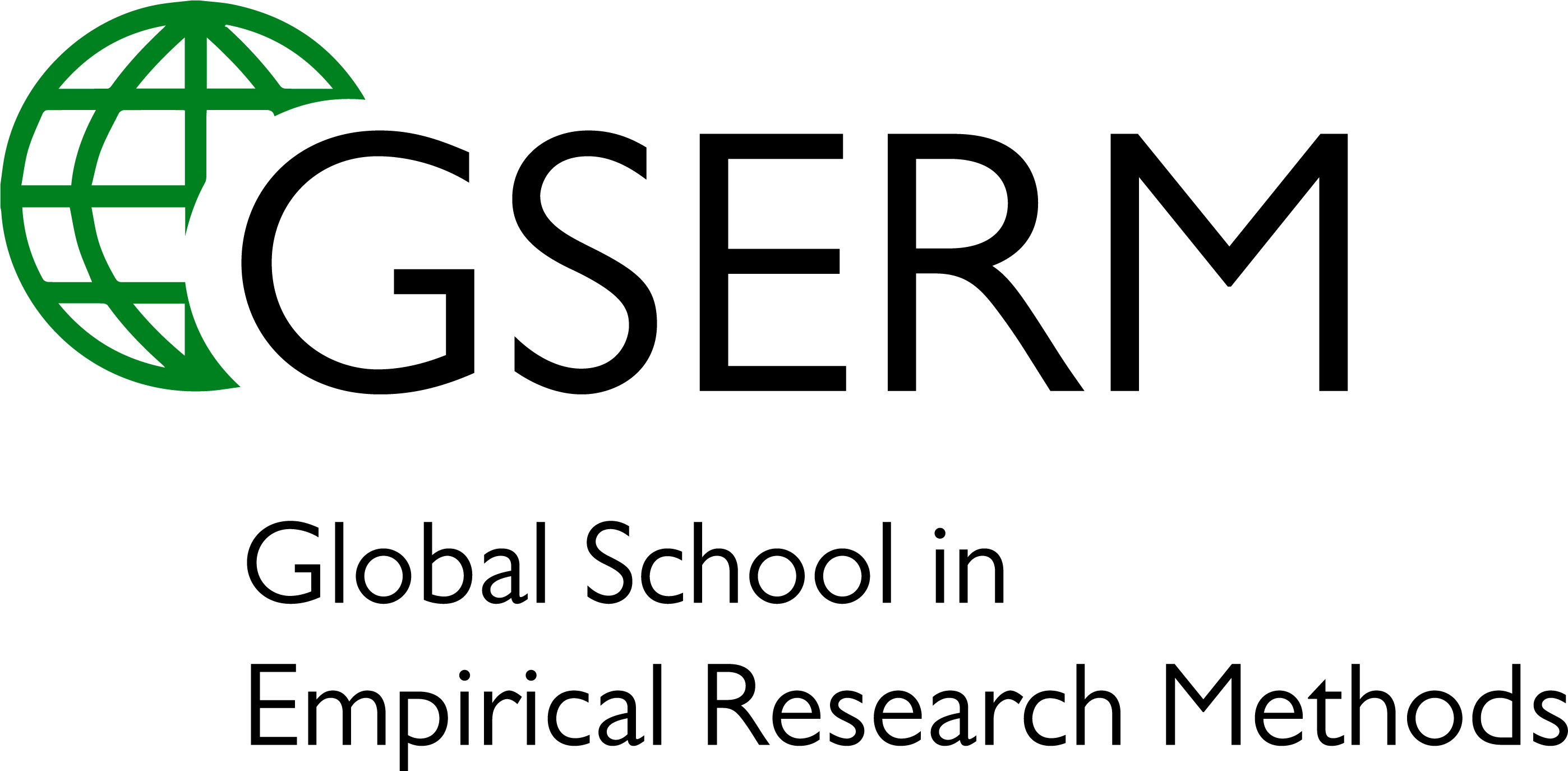Methods
A profound knowledge in analytical methods has become essential in today’s data-driven world. In academia, PhD programmes and scientific journals require rigorous research that is based on state-of-the-art methods. In industry, an increasing number of positions require practical experience and/or strategic knowledge of sophisticated data analysis.
The important thing is not to stop questioning. Curiosity has its own reason for existing.
~ Albert Einstein
Methods
The important thing is not to stop questioning. Curiosity has its own reason for existing.
~ Albert Einstein
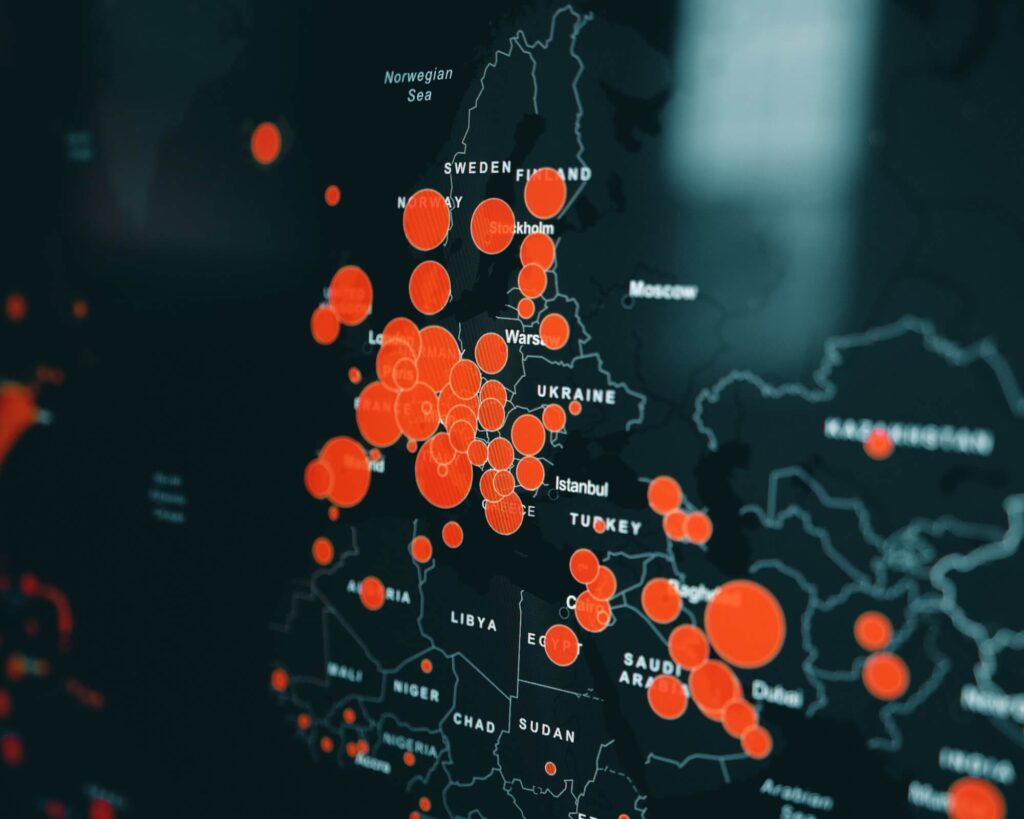
Machine Learning
Data visualization
Regression analysis
Methods
Instructors regularly teaching research methods for GSERM at different GSERM-destinations are portraying these methods, also explaining which use participants will gain by learning or deepening their knowledge in these methods.
Research & Information
Filter by category
